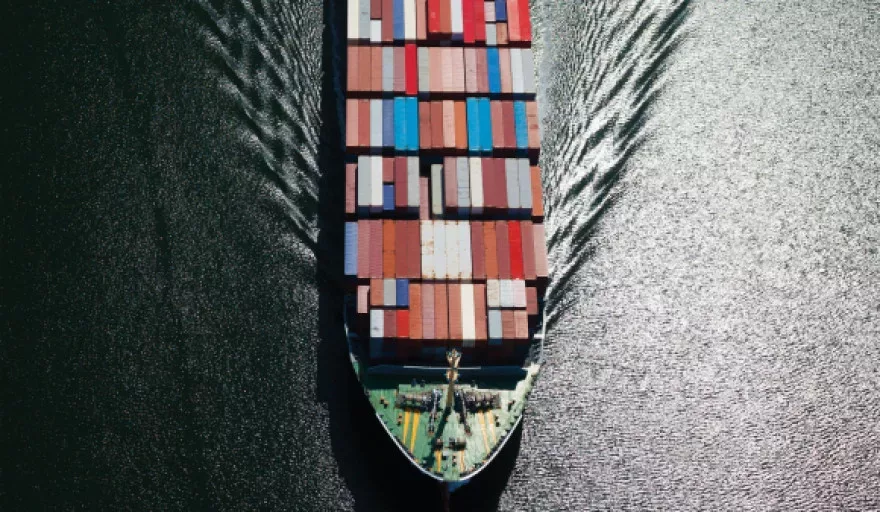On 17 January, 2017, Theresa May confirmed in her Brexit speech that the UK cannot remain a member of the single market after it leaves the European Union (EU). The principle of free movement of goods is considered a fundamental freedom of the EU, and attempts to provide a single European market with no national barriers to trade. An exit from the single market could therefore spell the end of the supportive regime that entitles owners of intellectual property rights (IPR) to restrain the resale within Europe of grey market parallel imports emanating from outside of the European Economic Area (EEA) without their consent.
CURRENT REGIME
At present, IPR owners can prevent the importation and resale within the EEA of genuine goods which were originally put on the market outside the EEA; either by the IPR owner or with their consent (parallel imports), under the principle of ‘regional exhaustion’. Once the goods are in the EEA with the owner’s consent, the owner cannot prevent their resale and importation across the EEA.
This principle of regional exhaustion flows directly from the EU’s principle of the free movement of goods and the single market, whilst protecting the figurative border between those goods available for resale inside the EEA and those outside the EEA.
The global market has created substantial tension between the interests of IPR owners and those of the reseller and consumer. IPR owners assert that they should be able to control the distribution and resale of their goods around the world, whereas parallel traders argue that, if the goods are genuine, then in accordance with global free trade, consumers/end users in the country of import should be permitted to benefit from lower prices available elsewhere.
The doctrine of “Fortress Europe” was developed much to the benefit of IPR owners. Rulings by the European Court in such cases as Silhouette and Zino Davidoff conferred on giving IPR owners greater control to prevent the resale or importation of genuine goods sourced from outside the EU without their consent.
DIFFERENT APPROACHES
There are three main categories of exhaustion: national, regional and international.
National exhaustion is the most restrictive on parallel importers. IPR owners cannot control the exploitation of goods within the domestic market, however it can prevent the importation of goods into the domestic market where the goods have not already been put on the market by the IPR owner or with their consent. This regime is followed in some countries including Brazil and Russia.
The introduction of the single market has developed regional exhaustion across the EU and EEA. This means that IPR owners cannot oppose the importation of goods from one member state to another where the goods have been placed on the EEA market with their consent. This regime is usually applied to a block of countries, such as members of the EEA.
International exhaustion is the least restrictive on parallel importers. Once the IPR owner (or another with their consent) puts the goods on the market anywhere in the world, they cannot prevent the resale of the goods in any other country. The underlying principle of which is that (unless there is some material difference between the goods sold in the country of export and those sold in the importing country) IPR owners have already been rewarded from the initial sale and should not use their national IPR to restrain the subsequent resale of those goods. This principle is followed in a number of countries, including Australia, Canada and the US. Prior to the UK harmonising its IP laws with the other member states of the EU, it had also applied a doctrine of international exhaustion.
OPPORTUNITIES AFTER BREXIT
The position after Brexit is unclear, however given the Prime Minister’s Brexit speech, the UK will no longer be part of the EU single market and could revert to the position that existed before the country’s entry into the EU: international exhaustion.
There are those who argue that the abandonment of “Fortress Europe” and the resumption by the
UK of international exhaustion is not only desirable but completely in accordance with a post-Brexit world in which the UK would embrace global free trade.
The introduction of international exhaustion would eliminate potentially anti-competitive behaviour and benefit the consumer. There would likely be lower prices, as another player in the market will pressure the IPR owner or its local authorised distributors to decrease prices.
Importers and resellers can also benefit from the introduction of international exhaustion. In situations where IPR owners have consented to the first sale of goods, there would be no cause to prevent the goods being resold or imported into other jurisdictions. Importers and resellers would have the benefit of exploiting currency and demand fluctuations to secure cheaper prices for goods, which would in turn benefit the end consumer.
Prior to the outcome of the referendum, few, if any, had given any thought to the dramatic impact that Brexit would have on the IPR systems across Europe. It is probably only with hindsight that even those who advocated Brexit have come to appreciate how widespread and dramatic these changes will be.
It seems likely that IPR owners will lobby the UK government to preserve the existing controls against parallel importers and/or restructure their networks to address a situation where post-Brexit, the UK becomes a parallel import-free zone.
It remains to be seen what transitional provisions, if any, will be imposed on the UK’s exit from the EU. But, given the Prime Minister’s confirmation of the UK’s impending departure from the single market, a post-Brexit UK could favour international exhaustion and embrace global free trade.




















